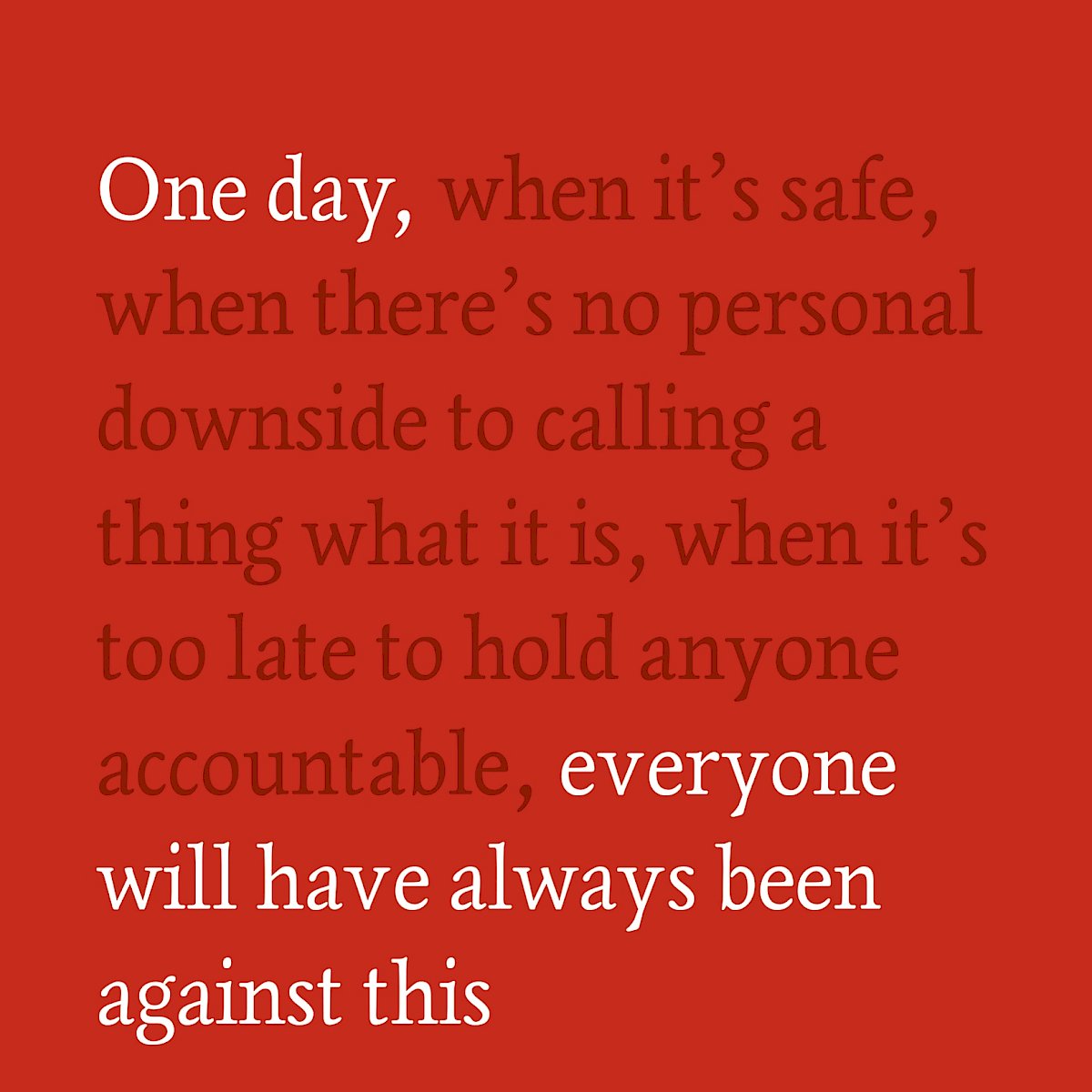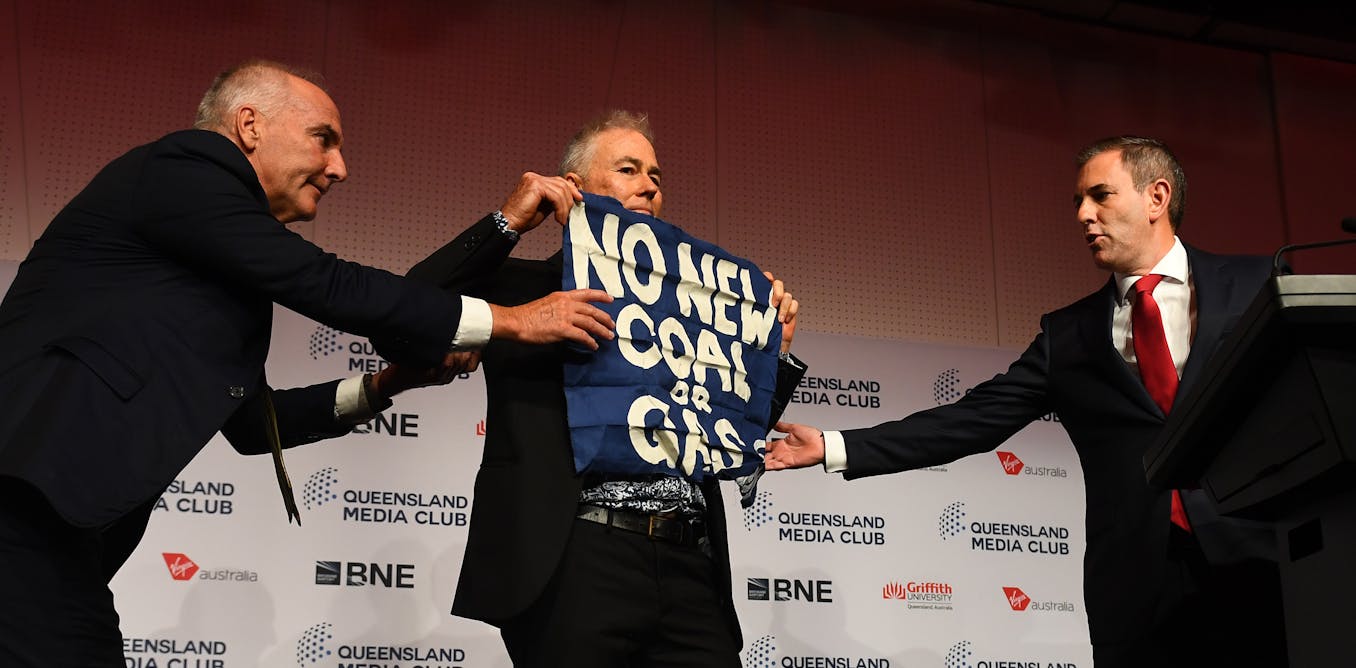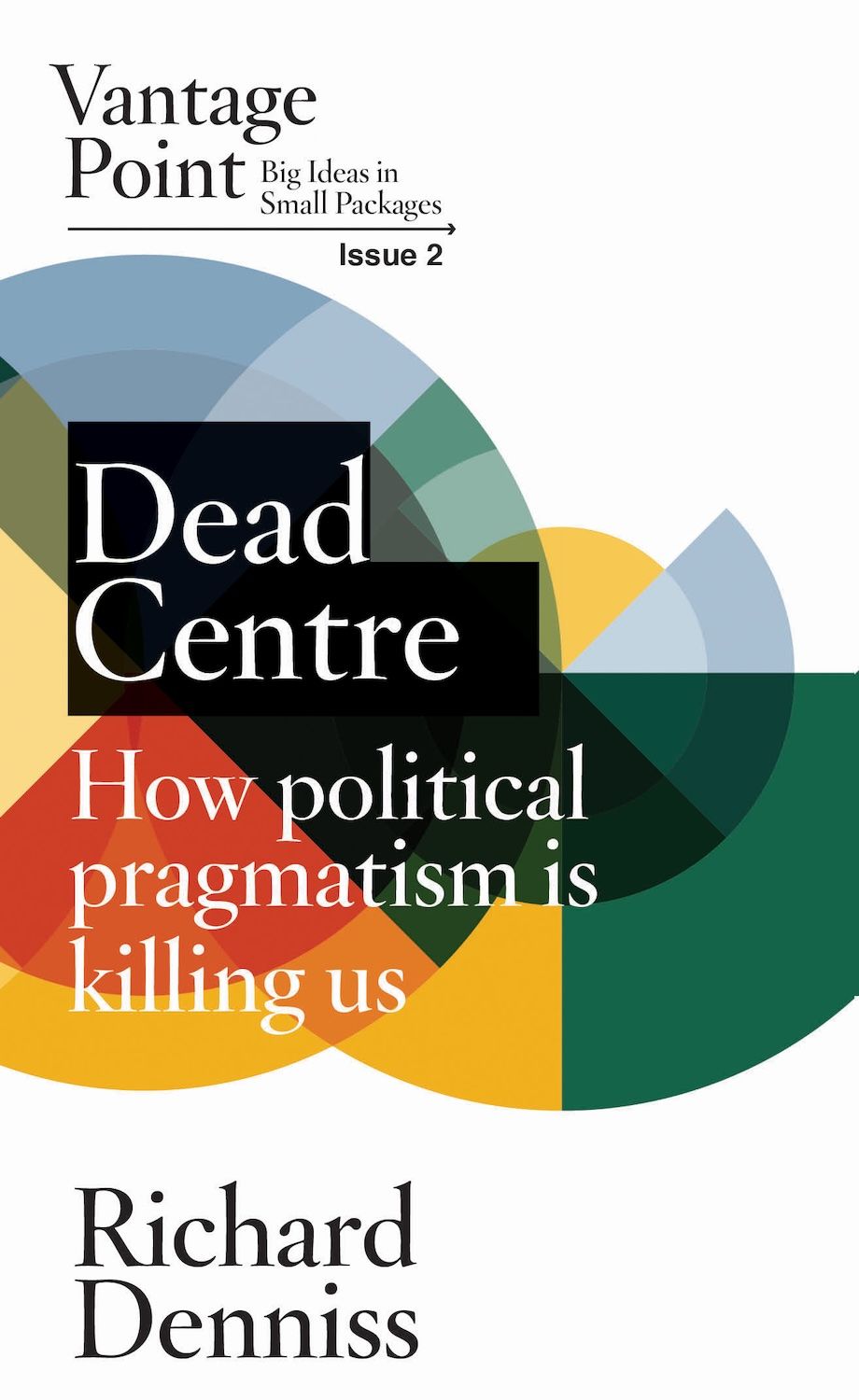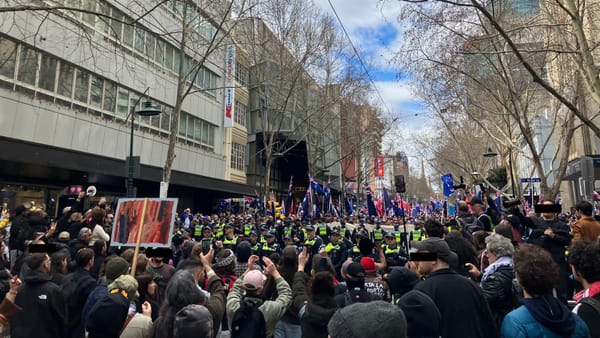Which Window Are We Going Through Today? The Overton

"One day, when it's safe, when there's no personal downside to calling a thing what it is, when it's too late to hold anyone accountable, everyone will have always been against this." - Omar El Akkad
The Overton window, or window of discourse, refers to the topics of discussion or debate that are considered to be politically acceptable to the majority of the population at a particular point in time. The window changes over time and can move, or broaden or narrow, and demonstrates "the slow evolution of societal values and norms."
The term is named after the American policy analyst and former senior vice president at Mackinac Center for Public Policy, Joseph Overton, who proposed that the political viability of an idea depends mainly on whether it falls within an acceptability range, rather than on the individual preferences of politicians using the term or concept. According to Overton, the window frames the range of policies that a politician may recommend without appearing too extreme, in order to gain or keep public office given the climate of public opinion at that particular time.
The political commentator Joshua Treviño defined the acceptance of public ideas under six categories: unthinkable, radical, acceptable, sensible, popular, and policy. [the above information and diagram below are sourced from Wikipedia]

After October 7, it became politically unacceptable not to condemn Hamas before speaking of Israel's actions in Gaza, or to question the actions of the state of Israel, or to even question Israel's existence. The phrase "from the river to sea" was deemed to be antisemitic, and despite Israel's actions in Gaza being considered a plausible genocide, Israel was considered to have the right to defend itself, regardless of its ongoing occupation of, and apartheid, in Palestine.
The author Omar El Akkad's book "One Day, Everyone Will Have Been Against This" is a good example of his understanding of the Overton Window. He knew that one day, when it's safe, when there's no personal downside to calling a thing what it is, when it's too late to hold anyone accountable, the Overton Window will have shifted, and everyone will have always been against this (genocide in Gaza).
You can read Omar's book here:

Dr Richard Denniss of The Australia Institute writes about political centrism and how politics in Australia is played out in the centre of the political spectrum which moves over time like with the Overton Window. Australians apparently don't like "extremism" resulting in centre left and centre right political parties tip-toeing around what they like to think is the "sensible centre", never brave enough to show leadership and implement the policy solutions that Australia needs.
Richard also notes that in the past, just like genocide in Palestine, it wasn't politically popular to advocate for the abolition of slavery and that 'extremism' was very much needed.
In the fight against slavery abolitionists eventually prevailed over slave owners. The fight wasnt won in the sensible centre but by ‘extremists’ who risked everything to save the lives of others. It scares me to think how the ABC would cover such a debate today. theconversation.com/friday-essay...
— Dr Richard Denniss (@richarddenniss.bsky.social) 2025-08-23T06:40:16.244Z
We need our political leaders to lead the general public through the Overton Window, by shifting the window and saying and doing what is the moral course of action to lead our country into the future, rather than saying and doing only what is deemed to be politically popular or palatable at a particular time. If we are not brave and "extreme" and do not challenge the popular "mainstream" "centrist" public opinion of the day, we will be going through the same Overton Window over and over again.
You can read more of Richard Denniss' writing here:


If it makes me an ‘extremist’ to demand a world in which civilians aren’t massacred so colonisers can steal their land and homes then I am proud to be an extremist — but, more importantly, what does it say about our society to view such a demand as extreme?
— Tiberius (@ecomarxi.bsky.social) 2025-05-15T22:56:54.992Z







